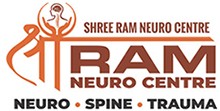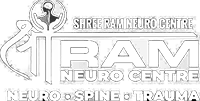Neurophysiology
Neurophysiology is a combination of neurology and physical science that involves the study of the central nervous system and its impact and influence on the functioning and formation of physiology. Neurophysiologists are experts in understanding the structure, components, and of the nervous system. They also monitor, diagnose, and treat neurological disorders. Brain cells use electrical impulses to communicate with each other. The brain generates electric signals whenever responding to the stimuli. An electroencephalogram EEG records the brain waves with the help of electrodes. When attached to the brain electrodes register wavy like patterns which are electrical impulses generated by the brain as a response to the stimuli. The electromagnetic responses, recorded on the computer when accessed by the doctors, reveal the condition of the brain and help the neurosurgeons to identify irregularities and deformities with working, the structure of the brain. Electromyography EMG involves inserting small needles into the muscles known as electrodes. Oscilloscope monitors and records the response electrodes generate in the form of waves. Different characteristics of waves like size, shape, thickness, high and low points are the keys used by the doctors to understand the responsive behavior and abnormalities associated with brian, nerve, or a limb. Complementary to EMG doctors also make use of Nerve conduction velocity test NCV that helps in determining the nerve damage and deformation. It measures the spontaneity with which the electrical signal passes through the nerves that generate responsive behavior to the stimuli. More is the time taken by the electric signal high is the intensity of nerve damage. NCV gives better insight to the doctors when they have to find out the exact area of injury in the nerve or myelin sheath. Doctors prefer EMG and NCV to go side by side as they both befit the working of each other and add to the precision and perfection in the treatment.

